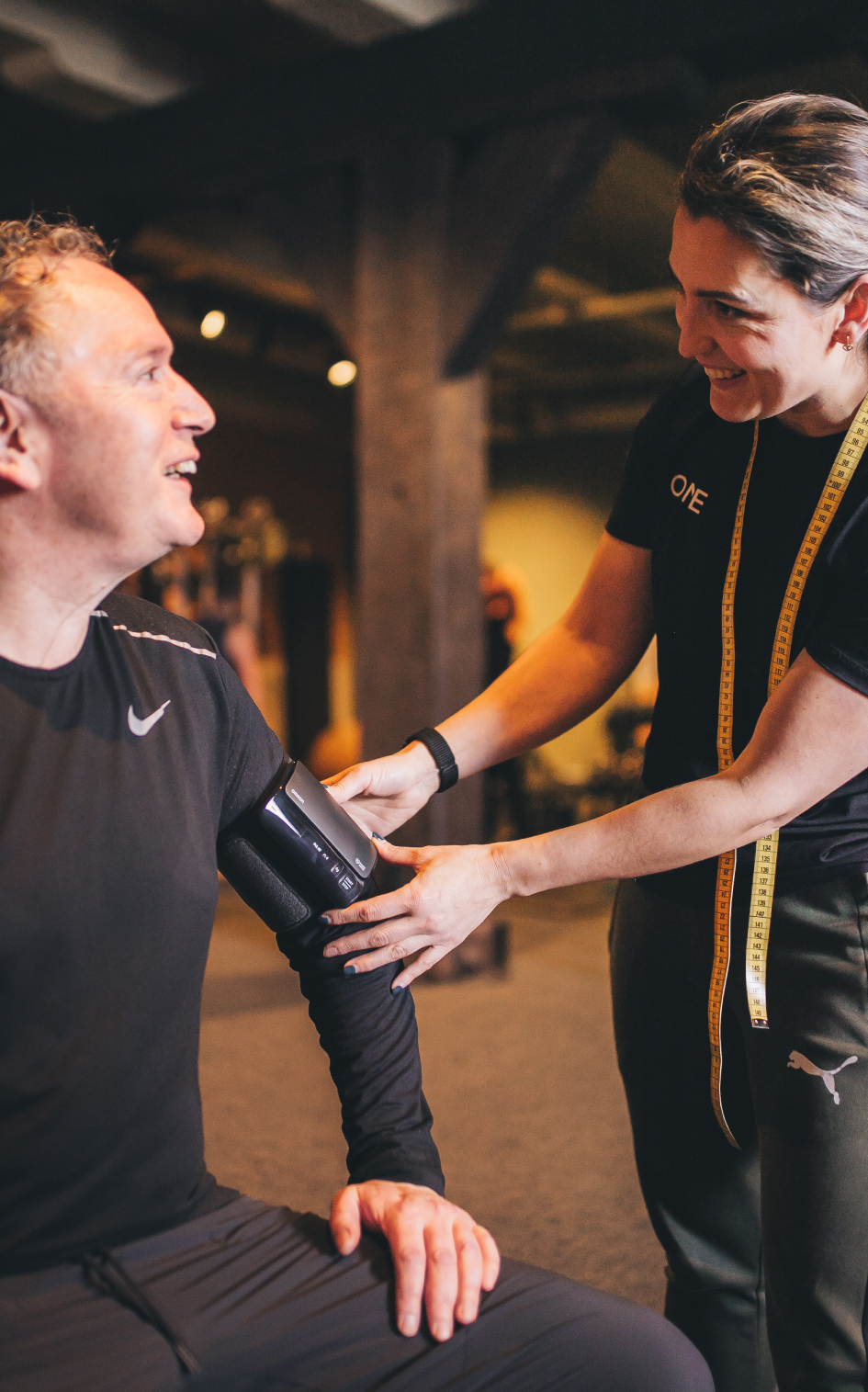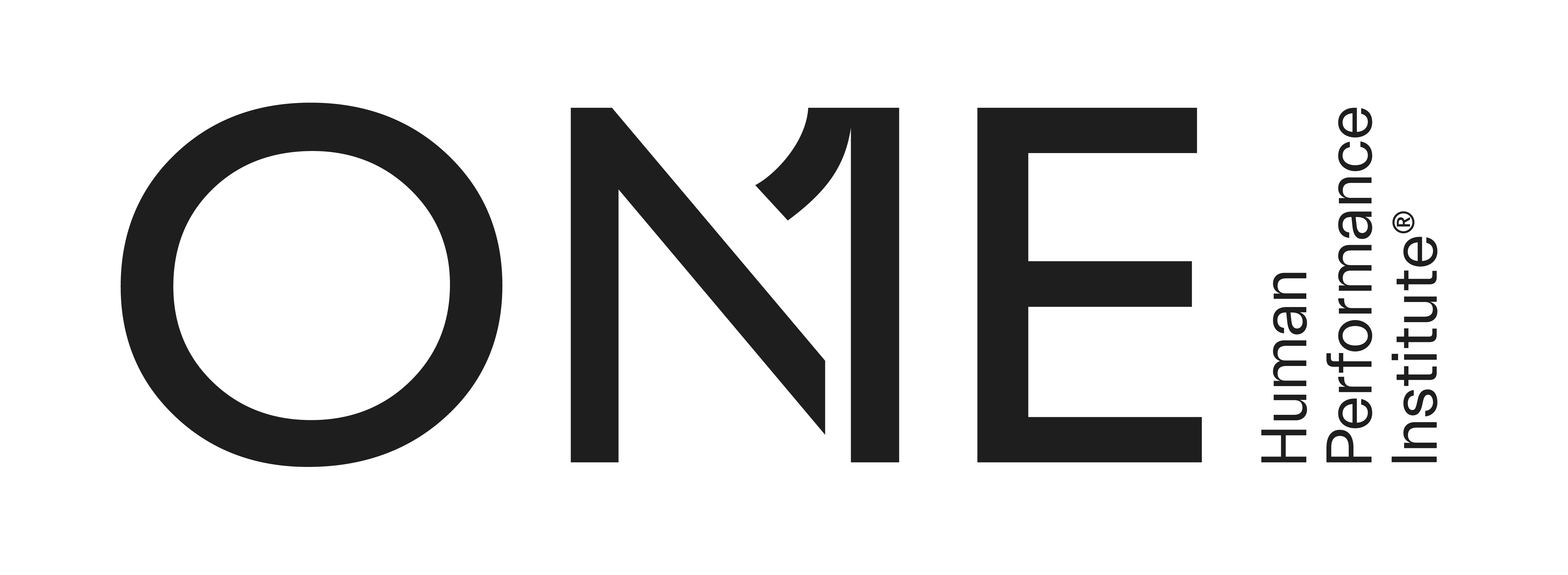
Membership Test ONE - Human Performance Institute
Discover which program of ONE – Human Performance Institute in Amsterdam suits you.
Is ONE - Human Performance Institute the right partner for you? Find out in 1 minute!
Is ONE – Human Performance Institute right for you? Discover it now in 6 short questions (only 1 minute to complete). This short test is completely non-binding and it provides insight into which type of program suits you best. Enter your details below and click ‘Send’! We will contact you within 1 working day.

Why the Membership Test?
Free
The ONE - Human Performance Institute membership test is free and without obligation.
Insight into your personal situation
Your answers help us determine the program that suits you best.
Quick contact
We don't like to keep people waiting, so we will contact you as soon as possible for an introduction and personal advice.
Kickstart your new lifestyle
We have noticed that many people need 'starting aid' to adopt a healthier lifestyle (again). This is the ideal way to support you step by step, to get started and to keep going.












